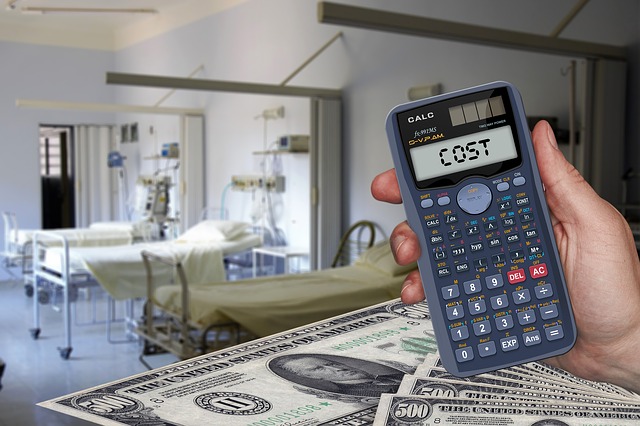Because most hospitals have monopoly pricing power, private insurers are now paying on average 2.5 times more for hospital care than Medicare. Private health insurers have no way to rein in prices. Congress can control these costs, as it does for traditional Medicare, or it can allow them to soar.
Traditional Medicare uses the leverage of the federal government to rein in prices, as it always has. Right now, Medicare Advantage plans, private plans that offer Medicare benefits, have been able to piggyback off those prices to keep their costs lower than private insurers catering to working people. If Congress doesn’t act swiftly, hospital rates, much like pharmaceutical prices, will likely continue to rise.
According to a new study by RAND, people with private health insurance paid an average of 247 percent more than people with Medicare for their hospital care in 2018. (Some states had private rates that were twice Medicare rates or less, including Rhode Island, Michigan and Arkansas.) Today, people are likely paying even more. If the private insurers had been paying Medicare rates over the three years between 2015 and 2018, they would have saved almost $20 billion.
Congressional legislation allowing people to join an expanded Medicare program, if done right, would let everyone benefit from lower rates. The question is whether Congress will enact such legislation or whether most members are in the pocket of the hospital industry and will not be willing to rein in hospital rates.
The RAND analysis finds that hospital rates are increasing at 5.1 percent a year. RAND looked at data from more than 3,000 hospitals, including $33.8 billion in claims over three years. The American Hospital Association, not surprisingly, is questioning the analysis and any data that supports reining in hospital prices.
RAND also looked at the price paid by private health insurers for hospital outpatient services as compared with Medicare prices. RAND found that private insurers paid 267 percent of Medicare for the same services, on average. In Florida, South Carolina, Tennessee and West Virginia, private insurers paid more than three times what Medicare paid for these services–325 percent.
RAND did not see any correlation between Medicare rates and private insurer rates. In other words, it did not appear that providers charged private insurers more to make up for the lower Medicare rates when they saw more Medicare patients. RAND found that hospital consolidation was the driving force behind the higher commercial rates.
Also, RAND did not see a correlation between higher rates and better quality providers. There were high quality providers with commercial rates close to Medicare rates.
RAND did not think burdening patients with finding lower-cost inpatient and outpatient care was much of a solution to bringing down prices. Among other things, only 43 percent of care is elective.
Here’s more from Just Care:
- Hospital care: Three major inequities
- Coronavirus and hospital bills: Medicare v. private health insurance
- What to know about Medicare inpatient hospital care
- Coronavirus: What to do before you leave the hospital
- Plan ahead for a hospital visit: Talk to the people you love about these seven important items











Private health insurers are not actually paying those rates. They sneak behind the patient’s back and negotiate lower rates for themselves, so the patient’s cost goes up.
Then they refuse to count the patient’s payment toward his deductible.